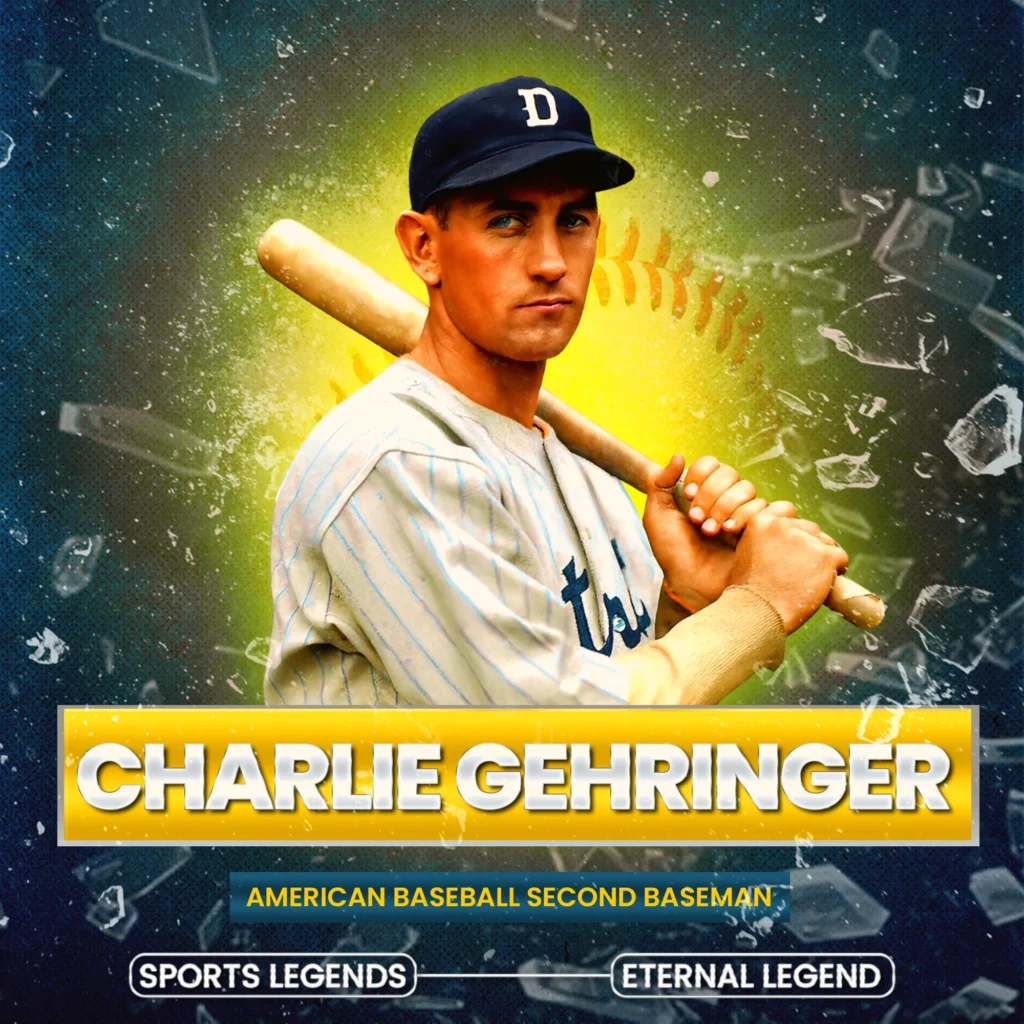Nicknamed “The Mechanical Man” for his consistency, reliability, and quiet excellence, six-time All-Star, 1937 American League MVP, and cornerstone of the Detroit Tigers, Charlie Gehringer, remains one of baseball’s greatest second basemen.
Raised in rural Michigan on a farm where hard work and humility shaped his character, Charlie’s baseball ability showed early, which eventually led to him being spotted by Detroit Tigers scout Eddie Krajnik while playing college ball at the University of Michigan in 1924.
Little did Gehringer know, that would be the moment that would catapult him into becoming a key player in Detroit’s infield.


 Please check your email for your login details.
Please check your email for your login details.
